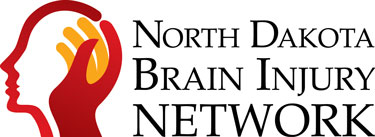Attention Tip Sheet
Aside from being awake and alert, one of the most important cognitive abilities is being able to pay attention or concentrate on important things happening around us.
Types of Attention
- Focused – The ability to focus on one thing over a BRIEF period of time.
- Sustained – The ability to focus on one thing over a period of time.
- Selective – The ability to focus on one thing despite distractions.
- Alternating – The ability to shift attention from one thing to another.
- Divided – The ability to focus on multiple things at the same time.
Look for These Difficulties
- Sustained
- Difficulty staying on task when working independently
- Difficulty listening across the duration of a conversation, lesson, or TV Show
- Inability to complete tasks
- Selective
- Difficulty following a conversation and ignoring background noise
- Reduced concentration caused by auditory or visual distractors
- Difficulty concentrating caused by fatigue, worry, or sadness
- Alternating
- Leaving tasks incomplete after interruption
- Divided
- Difficulty focusing on more than one thing at a time
- Difficulty engaging in two tasks at once
Accommodations
- Reduce auditory and visual distractions
- Use visual aids to help with focus
- Work in quiet/non-distracting places or wear earphones to drown out noise
- Break larger tasks into smaller, written down steps
- Use highlighters or color coding when following along with handouts
- Take frequent "brain breaks" – A brain break is just what it sounds like: A break
from whatever you are focusing on. Short brain breaks during work time have been shown to have
real benefits, they reduce:
- Stress
- Anxiety
- Frustration
- Use a recorder to help remember important details
- Try using doodling or fidget devices to stay focused
- Schedule appointments during most alert time frames
